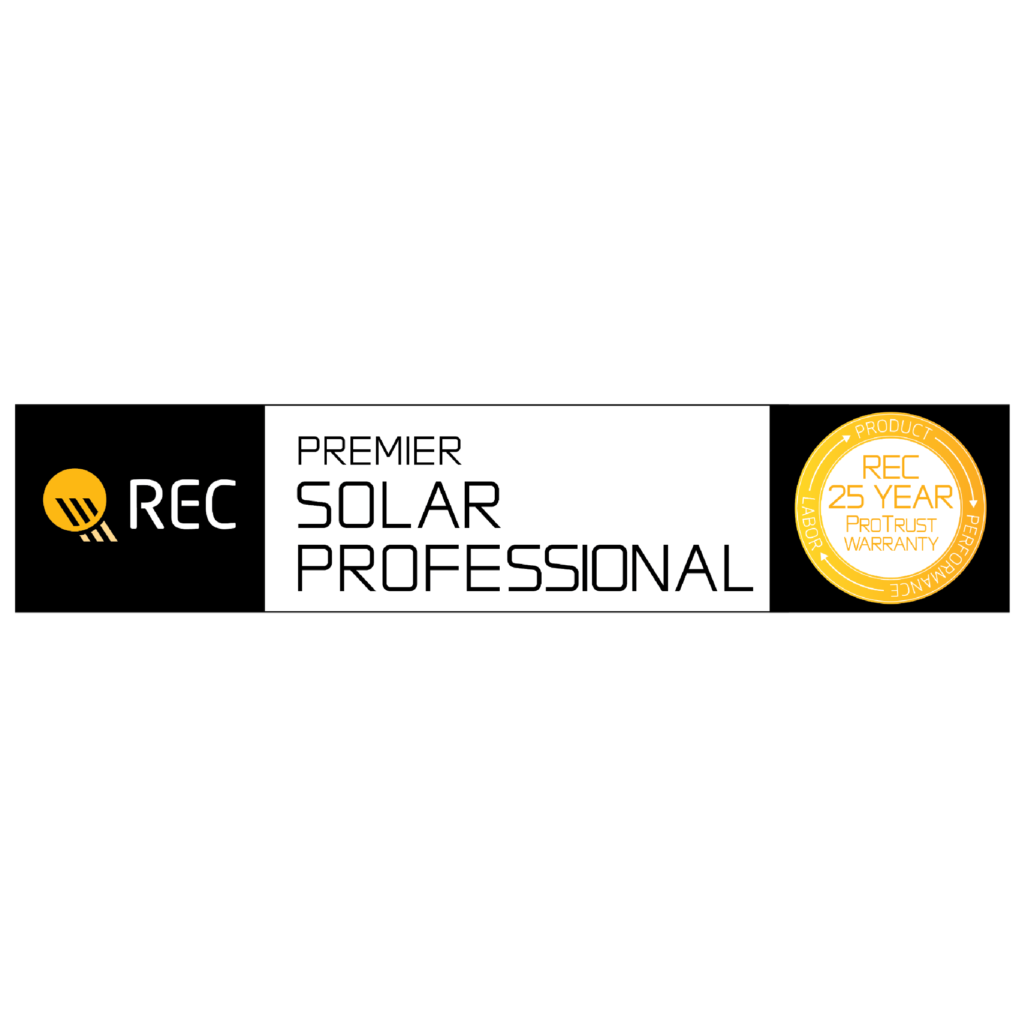REC Solar Panels
Proud Provider of REC Group Panels
At Renu, we make it our goal to provide quality service as well as quality panels, which is why we are happy to announce that we carry REC Group Alpha Series Panels. With 380 Wp 60-cell power, reaching 450 Wp in a 72-cell format, and an impressive 217 W/m², REC Alpha delivers over 20% more power, making it the panel of choice for system owners who seek the best.
About REC Group Company
- REC Group is an international pioneering solar energy company dedicated to empowering consumers with clean, affordable solar power in order to facilitate global energy transitions.
- Committed to quality and innovation, REC offers photovoltaic modules with leading high quality, backed by an exceptional low warranty claims rate of less than 100ppm.
- Founded in Norway in 1996, REC employs 2,000 people and has an annual solar panel capacity of 1.8 GW.
- With over 10 GW installed worldwide, REC is empowering more than 16 million people with clean solar energy.
- REC Group is a Bluestar Elkem company with headquarters in Norway, operational headquarters in Singapore, and regional bases in North America, Europe, and Asia-Pacific.
REC panels are in high demand all over the world and Renu is happy to announce that we are carrying their high quality panels! Get your REC panels installed today!

Frequently Asked Questions About Solar for Your Home or Business:
How exactly does going solar and a solar system itself work?
How many solar panels do I need for my home?
Roof-size/available space: When we look at the size of your roof and the space available, we gather data that tell us the maximum number of solar panels your home or site can hold and we even consider shading. We use a software “Suneye” which takes a 360 picture of your roof and we use this photo to determine if your home is a good candidate for solar.
Energy Usage: When we determine energy usage we look at your past electrical bills from over the course of a year to make sure your system isn’t too big or too small.
Your Budget: We take your budget seriously and most importantly, we want you to be satisfied with our services. We take your feedback on how much you want to spend so that we can size your system appropriately.
What is solar net-metering?
Does Duke Energy offer net-metering?
Curious about the cost of a home solar system?
Ready to Own Your Own Energy?
Speak to Us Today!
